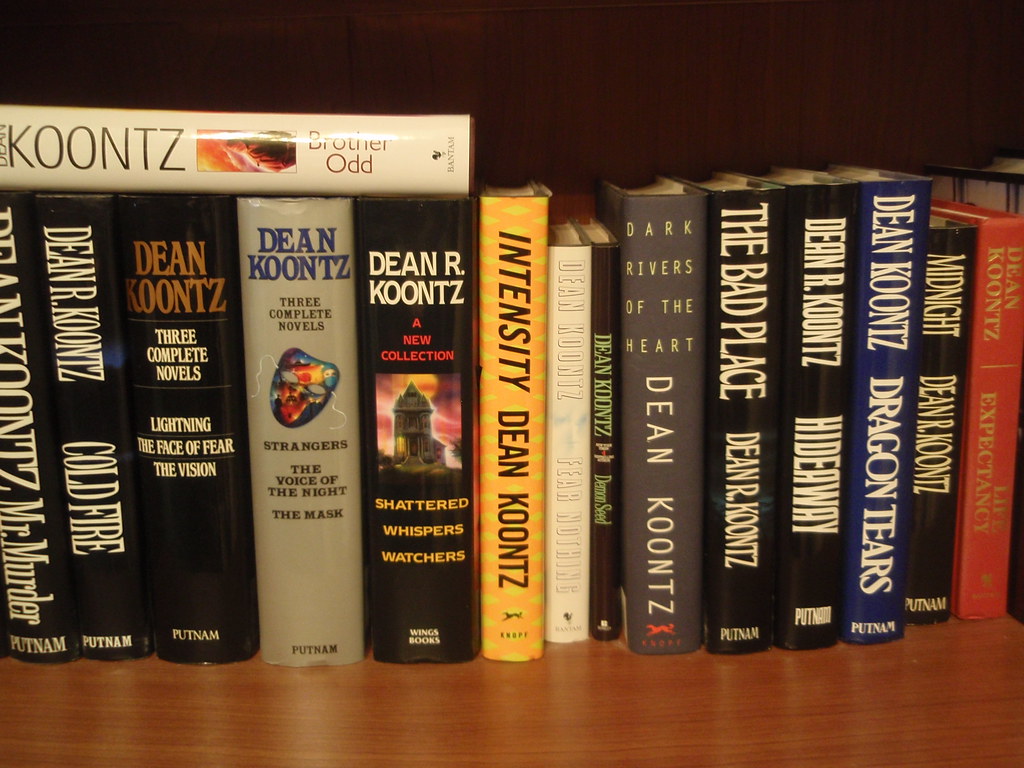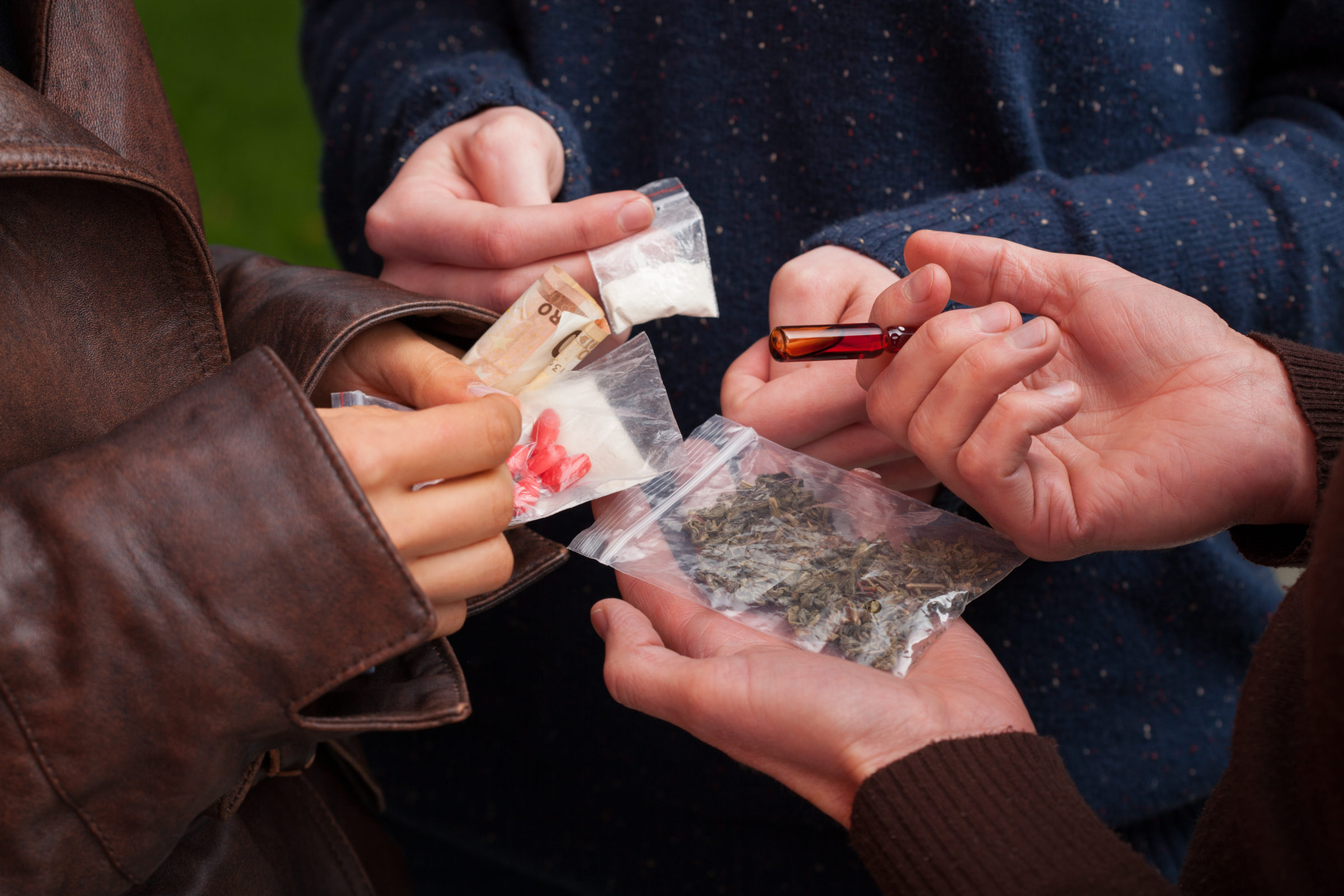
‘Galactic Wokeness?’
Almost all notable science journals promote progressive ideology, and Nature — perhaps the world’s most prestigious science journal — is one of the worst of these propagandizers. The publication recently provided a platform to equity advocate Erika Nesvold, co-founder of JustSpace Alliance, who advocates “for a more inclusive and ethical future in space.” In the interview, she argues that future space colonies — which she would consider a verboten term — should be governed similarly to places like San Francisco. From “Ethics in Outer Space: Can We Make Interplanetary Exploration Just: You talk about ‘settling’ space, rather than colonizing it. Why? Because of all the terrible behaviour that came out of the colonization model here on Earth. People talk about space as the final frontier — there’s always references to the Wild West. But living on the frontier in the Wild West was not an ideal experience for most, including Indigenous people, women and Black people. We can’t just pick and choose the nice shiny parts of history and apply them to space. We have to also look at what was harmful about those times and how we can avoid that in the future. I’m sorry, but that is just insipid. Mars does not have indigenous people to exploit. And the word “frontier” is perfectly apt, meaning in this context, “the land or territory that forms the furthest extent of a country’s settled or inhabited regions.” Mars and the moon are certainly that. Nesvold advocates strong union protections for future space workers. That should be up to them, it seems to me. What if they don’t want unions? And, of course, “reproductive rights” in space. Also, diversity and the other usual leftwing bromides. She also wants space colony decarceration: While researching my book I talked to Michelle Brown, a criminologist at the University of Tennessee, Knoxville, and Walidah Imarisha, who is a writer, an activist and director of the Center for Black Studies at Portland State University in Oregon. They both taught me a lot about prison abolition and restorative justice. If we talk about maybe not needing prisons in space, then the question is, what’s the alternative? And it turns out there’s a ton of people who are exploring how different cultures around the world handle harm within their communities in ways that don’t involve locking people up in prison. Portland’s ongoing anarchic meltdown illustrates exactly where such flaccid law enforcement leads. Establishing human communities in space will take rigor, grit, determination, brilliance, and courage — words that cannot be found in the interview. Participation should be based on merit and ability without regard to race, sex, ethnicity, religion, or political viewpoint — not checking off diversity boxes. Effectiveness and excellence should be the E-words to guide space exploration, not equity.







